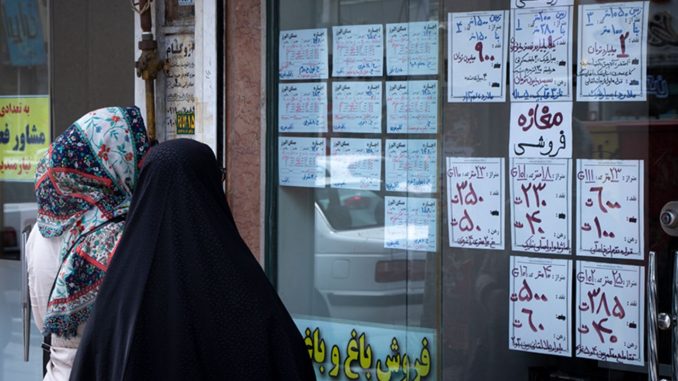
5 O’clock in the morning, in Darakeh Square in north of Tehran, apart from few mountaineers who are slowly walking, barely anyone is on the road.
After about 500 meters in an alley, crossing the bridge over the Darakeh-River, the trail road starts. The trsil passes through a valley and continues for 12km, after an elevation gain of 1702m it reaches Palang-Chal Summit at 3548m.
The first few kilometres of the trail are surrounded by traditional cafés and restaurants. Since the trail stretches along the river, the weather is particularly fresh during the hot evenings in summer-time. Temperature difference with the city-centre may reach 20 degrees!
Therefore, in spring and summer Darakeh attracts many people who wish to spend few hours in nature. (Watch our Bonus Video to get a better picture!)
Those who are willing to walk more, continue on the trail uphill and those lazier ones may just stop at the first cafes they encounter. Weekends are particularly crowded. And the smell of barbecue mixes with picnickers and restaurants.
Café and restaurants here are mainly decorated by wide and large “beds” on which a carpet is spread out. People normally take their shoes off and sit around a “Sofreh” (table linen) to eat.
After about 1.5km, there is Amoo Jafar’s café. In the evenings, the beds in his café are filled by groups of young people who are willing to walk a bit more uphill. Sometime they carry a Guitar to play and sing. They drink (non-alcoholic of course) and eat.
When these cheerful youngsters leave the café and it’s time to close, Abdulah and his friends, all in their twenties, enter.
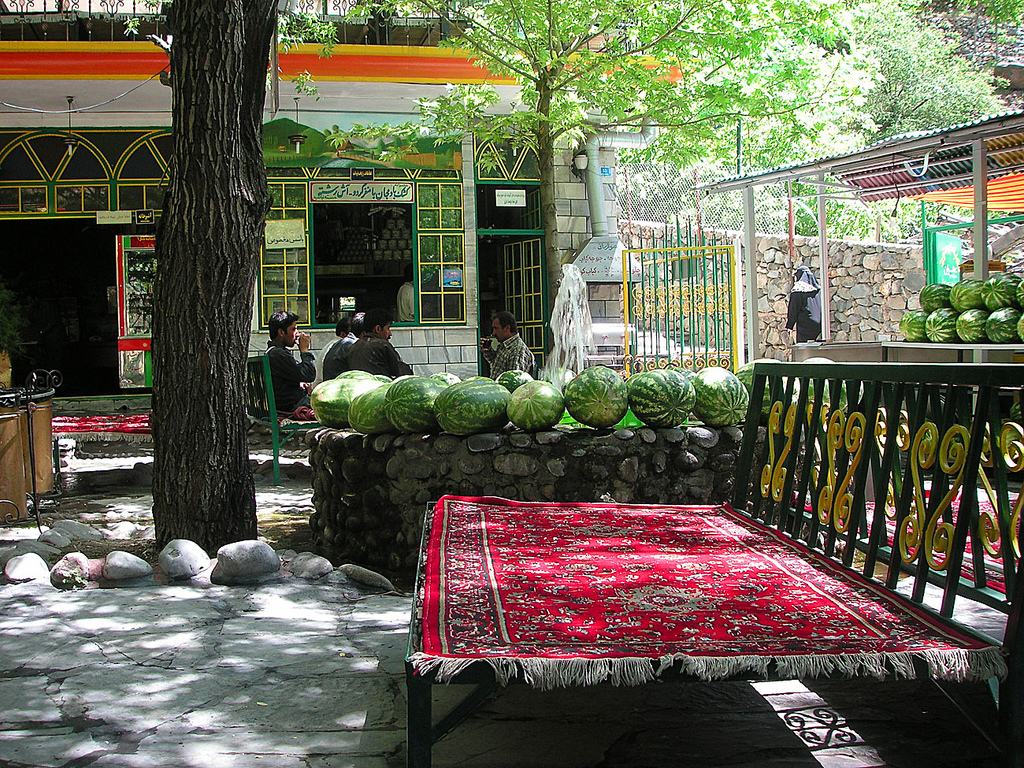
I see them few minutes after 5 a.m. while Amoo Jafar is opening the lock on the gate. Boys are tiding up their bed-cloths and carry them to the storage room. They greet Amoo Jafar.
“Good morning boys”, says Amoo Jafar. “I’m happy you have not over slept and are ready before people appear”.
Although reminding Abdulah and his friends to leave fast, the kindness in the voice of the old man can be heard clearly.
“God shall be with you”, shouts Amoo Jafar toward boys. “Two of them are brothers. They all come from a village in Kurdistan. They work as labourer but they had no place to sleep. Abdulah’s mother is sick and they are orphan. All these guys save their money and send it back home so they cannot afford to rent a place.”
Amoo Jafar is about 61 years old and quite robust. He touches his moustache and adds: “when you get older, your senses get stronger on whom you can trust. When I saw these boys, who were sleeping on the ground, I felt I could trust them. We have these beds here, they don’t use anything to costs me. So, I thought to let them sleep here. We agreed that they come at the close of the Café at night and leave very early.”
Rental prices are up by 100%
But not everyone is as generous as Amoo Jafar. Neither the 6th sense of every proprietor is as strong as him.
As prices in every market is growing, so do the rent. The situation of the housing market in Iran is becoming quite dramatic. Beginning of summer is the moving time as the schools close. The worsening economy has caused chaos in rental market and unfortunately instead of having some sympathy due to Coronavirus outbreak, people have become tougher on each other.
“We live in a 70sqm apartment”, says Mohammad 42. “Last year the deposit was 1 billion rials and monthly rent of 15 million rials. This year he has asked for 1.5 billion rials of deposit and 40 million rials of monthly rent!” Mohammad is a car-dealer. “Of course I cannot pay such amount. So, we have said that we will leave and now are searching for a new home”.
Landlords are increasing prices with the justification of inflation rate. Rental prices are said to have experienced 50% to 100% increase. But not all tenants’ income has experienced growth and therefore many must cope with less.
This week, a report came out by Shargh Daily, saying that in the 22nd District of Tehran, apartments rent their roofs for sleepers. It costs 500,000 rials (2.5 USD) per night, as the report states.
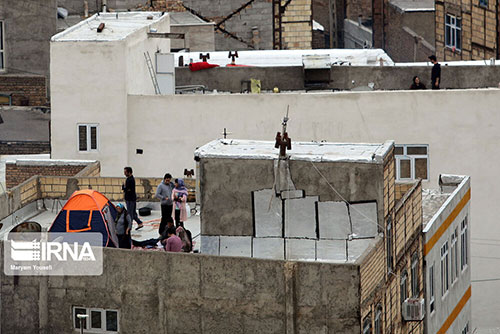
As soon as the report was out, related organisations, started to deny this phenomenon. The main proof for denial, for example, by the Governor of Tehran was that “no such contract has ever been officially registered!”, concluding that it does not exists.
“This is so ridicules to say so”, says Ehsan, 29, a housing agent. “Everyone knows that most of the rental contracts are not registered at the Government Housing Portal. Even for regular apartments. Real estate agencies prefer not to officially register the contracts because in this way they pay less tax. For many renewal contracts, landlords and tenants do not even refer to a real estate office, in order not to pay the commission.”
The report about “roof-sleepers” went quite viral. The Government accepted that it must interfere in the housing market and control prices. It quickly passed a bill which allows only 25% increase for rental prices in the Capital, Tehran. For other metropolitans in Iran this increase can be up to 20% and for other cities up to 15% maximum.
“I don’t think that it would solve anything”, says Mr Ebrahimi, 48, another house agent. “It just increases the number of non-official contracts. We have several landlords who do not accept the rule. They just have made their mind and are inconvincible. We warn them, that considering the economic situation, even if they find a tenant who accepts their price, it is very probable that after a while they fail to pay.”
The government, therefore, uses another weapon to force the cap on new prices: for those landlords who have not officially registered their contracts, in case tenants do not pay the rent, no court will issue evacuation order.
Keep it empty, but don’t decrease the price
But still the number of landlords who do not take the rule seriously, is much higher than those who decide to obey. As the new rule is supposed to be lifted as soon as the situation with Coronavirus outbreak goes back to normal, several landlords may even decide to keep their properties empty to rent it at a higher price later.
According to the Planning and Budget Organisation of Iran, there were already 2 million empty apartments in the country, out of which 25% are located in the capital.
The government says that it will impose a tax on empty properties, however such discussions until now have never been taken seriously to become a law. It is therefore quite possible that this figure would increase.
Whatever happens, it does not seem that with the current economy we are witnessing (in fact you are witnessing and we are experiencing) things would get much better soon.
Ex-Minister of Roads and Urban Development, Abbas Akhundi, said in 2017 that 19million of Iranians reside in “non-standard locations”. There is no new statistics available and some analysts estimate that considering the worsening economy, this figure might reach 38million now.
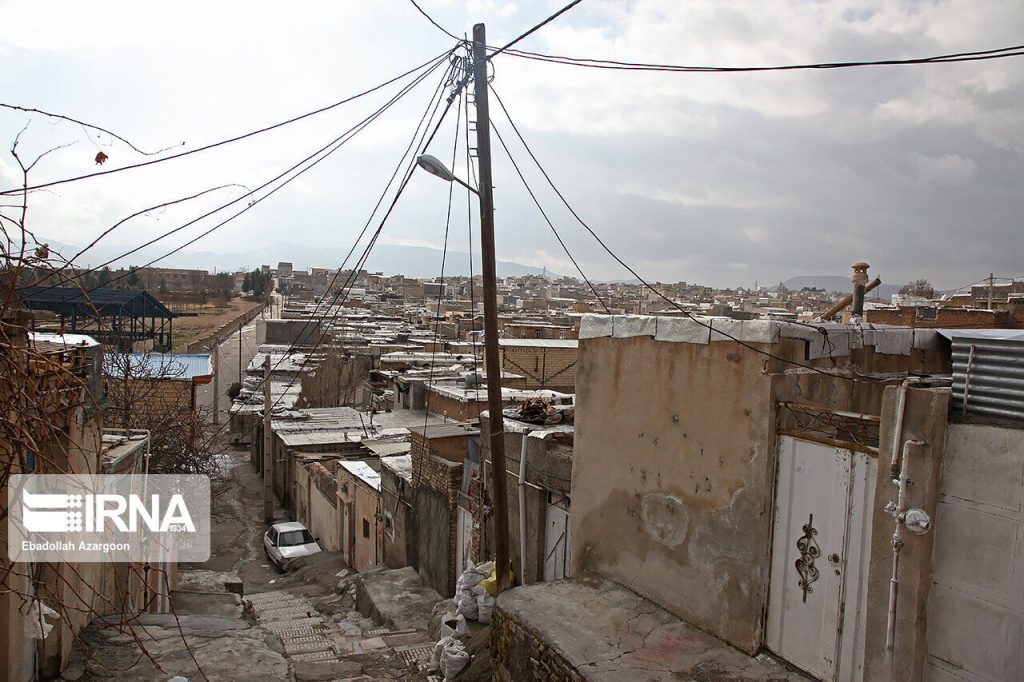
In the census of 2016, nearly 9% of Iranian households were sharing homes together and the number of families had exceeded the number of available properties by 1.4 million.
Whatever the numbers, the fact is that at night everyone is tired and everyone needs to sleep. If they are not lucky enough to find a roof above their heads, they may even compromise to sleep on the roof of others.

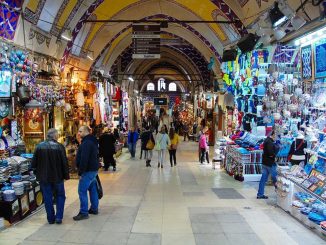
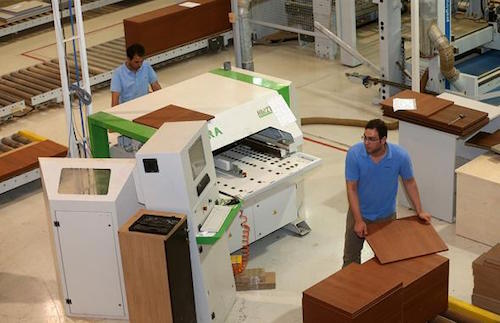

Be the first to comment